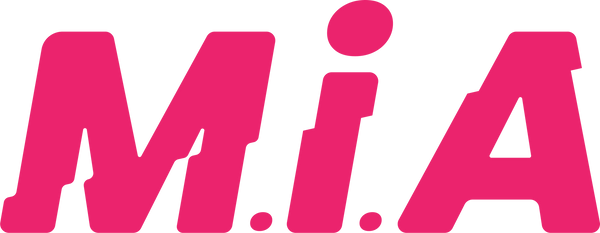What Is Sublimation Printing? All You Need To Know
Introduction
In recent years, DTG (direct-to-garment) printing has become increasingly popular in the world of printing. It has revolutionized the way garments are printed, providing a faster and more efficient method for printing designs on garments than traditional screen printing.
DTG printing is a digital printing method that utilizes specialized inkjet printers to print designs directly onto garments. It has opened up new possibilities for small businesses and individuals who want to customize their garments or create their clothing lines. This blog post aims to provide an overview of DTG printing, its advantages and disadvantages, and alternative printing methods.
Advantages of DTG Printing
High-Quality Prints
DTG printing produces high-quality prints that are vivid, detailed, and long-lasting. This technology can print images with thousands of colors and intricate details that are not possible with traditional printing methods. It also allows for high-quality reproductions of photographs and graphics.
Easy Customization
DTG printing offers easy customization of garments, as it can print almost any design on any fabric. It eliminates the need for screens, stencils, or other printing tools, allowing for quick and easy customization of garments.
Quick Turnaround Time
DTG printing has a quick turnaround time, as it does not require setup or cleanup time. This means that printing jobs can be completed faster than traditional printing methods, making it an ideal solution for small orders or rush orders.
Cost-Effective
DTG printing is cost-effective for small orders or individual prints. Unlike traditional printing methods, DTG printing does not require minimum order quantities or setup fees, making it an affordable option for small businesses and individuals.
Negatives of DTG Printing
Limited Fabric Selection
DTG printing is best suited for cotton and cotton-blend fabrics. It may not produce high-quality prints on synthetic or stretchy fabrics, as the ink may not adhere well to the fabric.
Limited Print Size
DTG printing has a limited print size, which may not be suitable for large or oversized prints. Large prints may require multiple prints, resulting in a more expensive and time-consuming process.
High Maintenance Costs
DTG printers require regular maintenance, such as daily cleanings and ink cartridge replacements. These maintenance costs can add up over time, making it a more expensive option in the long run.
Alternatives to DTG Printing
There are several alternative printing methods to DTG printing that businesses and individuals can use to print their designs on garments. The table below compares some of the alternative printing methods to DTG printing.
Pros and Cons of Sublimation Printing
Printing Method
Screen Printing
Pros
- Suitable for a wide range of fabrics
- High-quality prints
- Long-lasting prints
Cons
- Expensive setup fees
- Minimum order quantities
- Time-consuming process
Heat Transfer Printing
Pros
- Suitable for a wide range of fabrics
- High-quality prints
- Quick turnaround time
Cons
- Limited print size
- Requires specialized equipment
- Prints may crack or peel over time
Vinyl Printing
Pros
- Suitable for a wide range of fabrics
- Long-lasting prints
- Quick turnaround time
Cons
- Limited color selection
- Prints may peel over time
- Limited print size
Conclusion
In conclusion, DTG printing produces high-quality prints that are vivid, detailed, and long-lasting. However, it has some limitations, such as the limited fabric selection and print size. There are several alternative printing methods to DTG printing that businesses and individuals can use to print their designs on garments. Each printing method has its pros and cons, and you should choose the one that best suits your printing needs and budget - taking into account garment.
Where To Find DTG Printing
At M.i.A Merchandise, we print on all types of merchandise using DTG printing - from apparel to drinkware, at 1 minimum order quantity.
Contact us today to get started!

